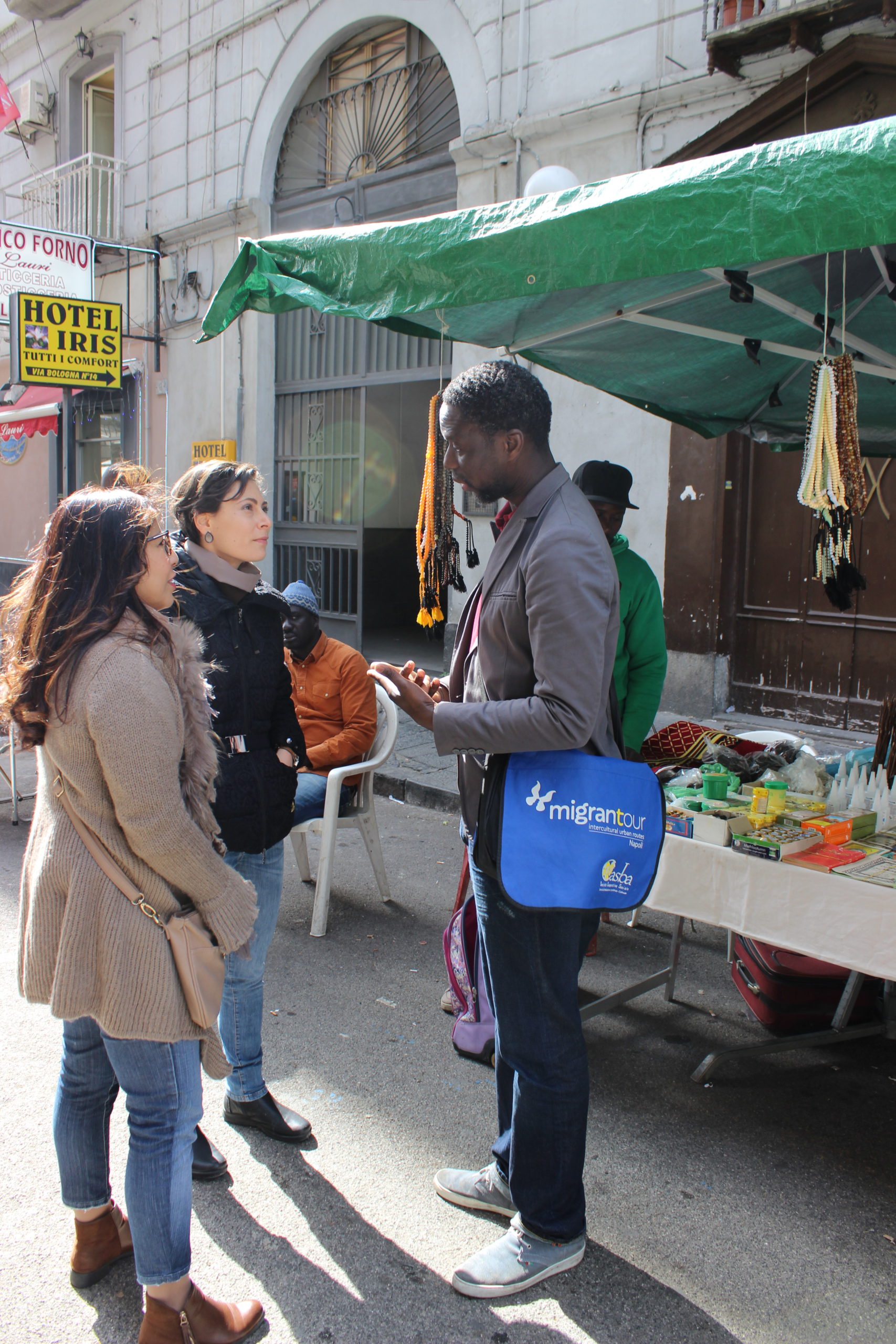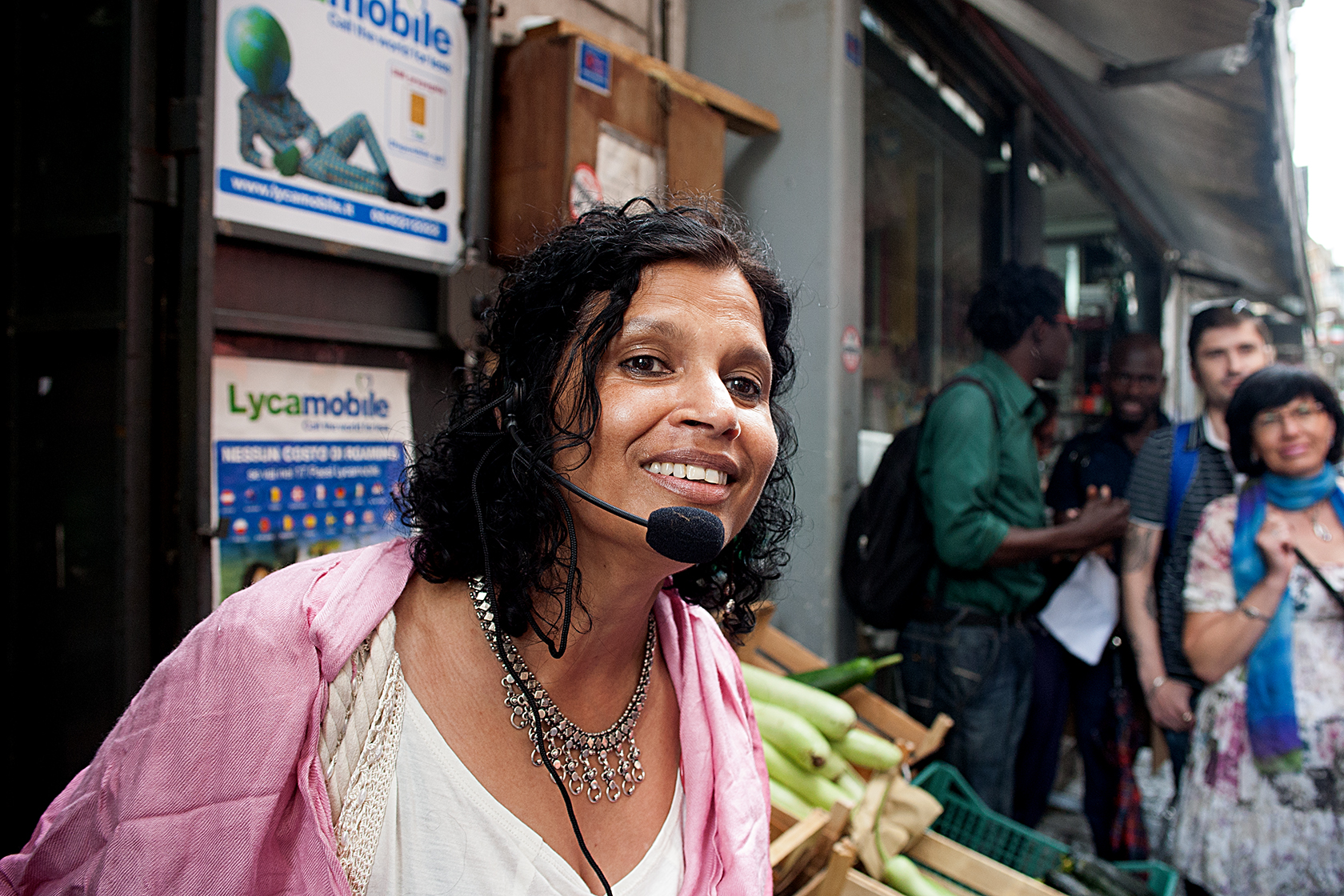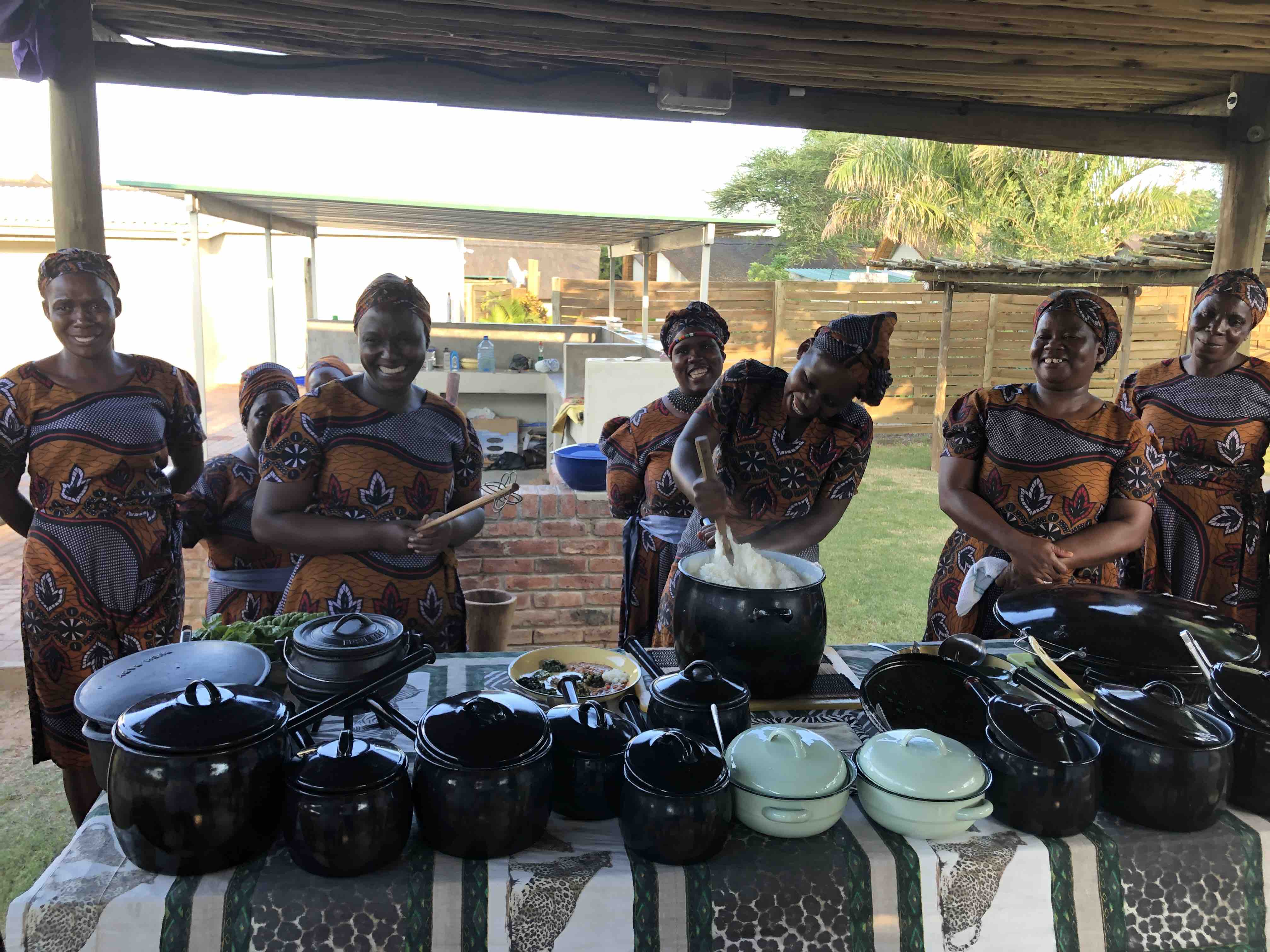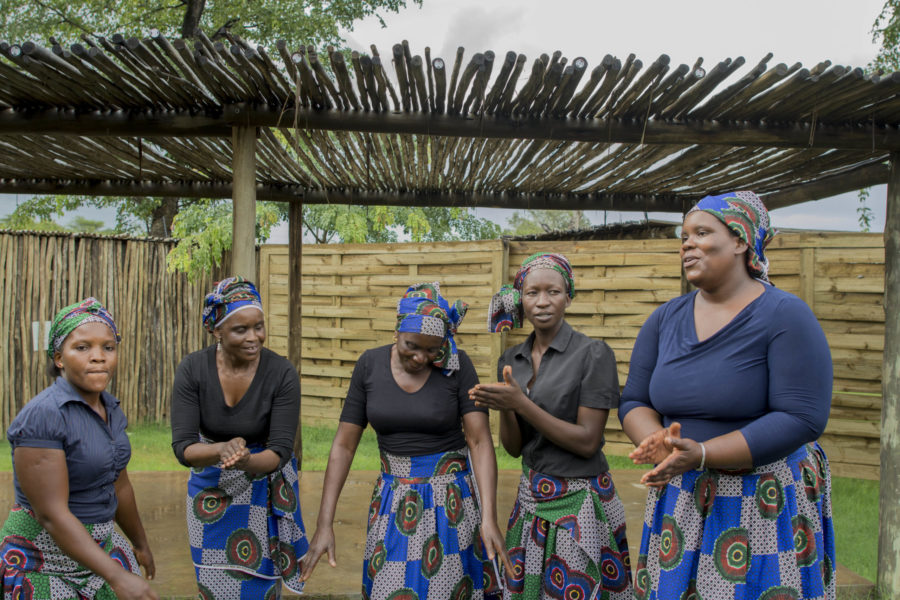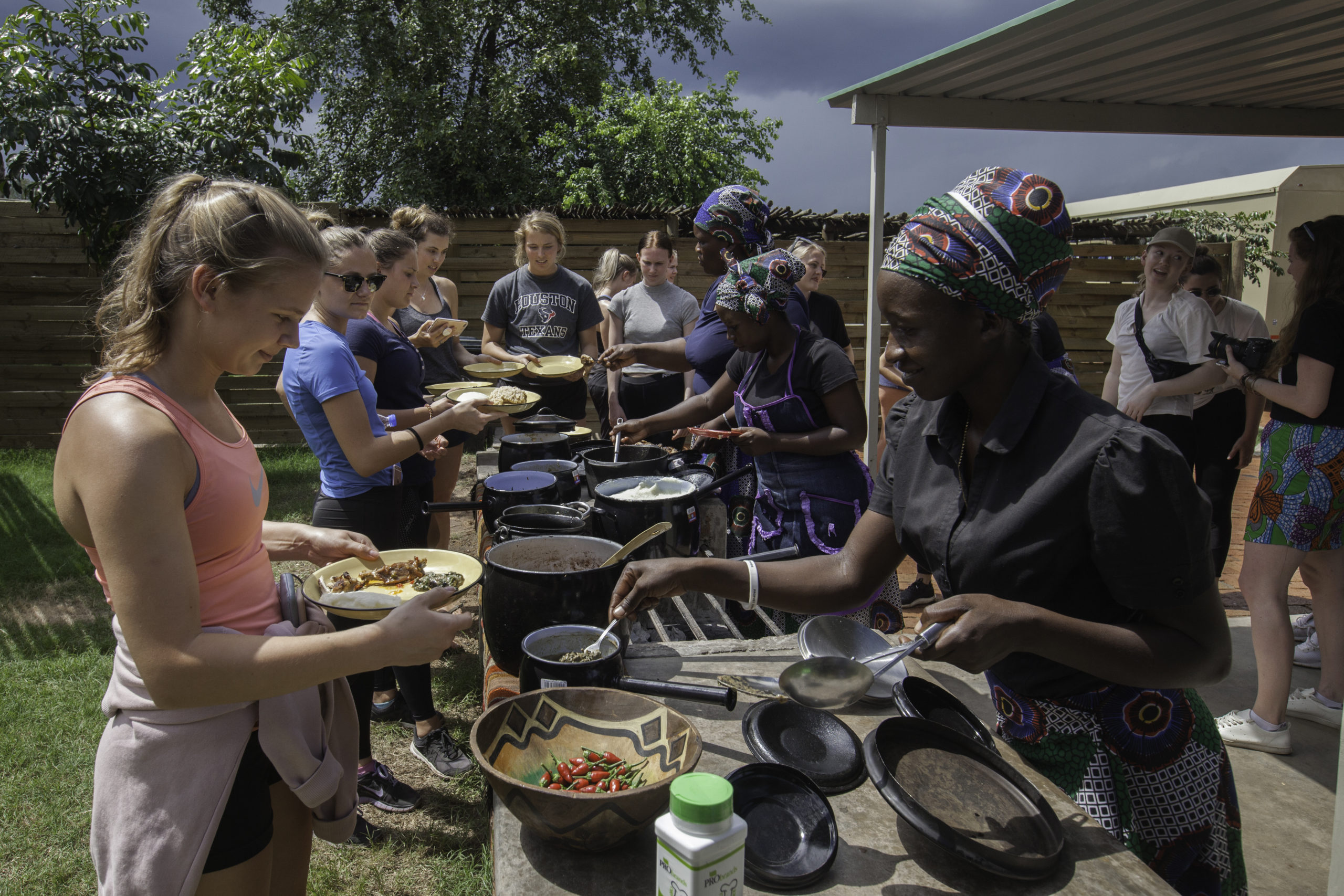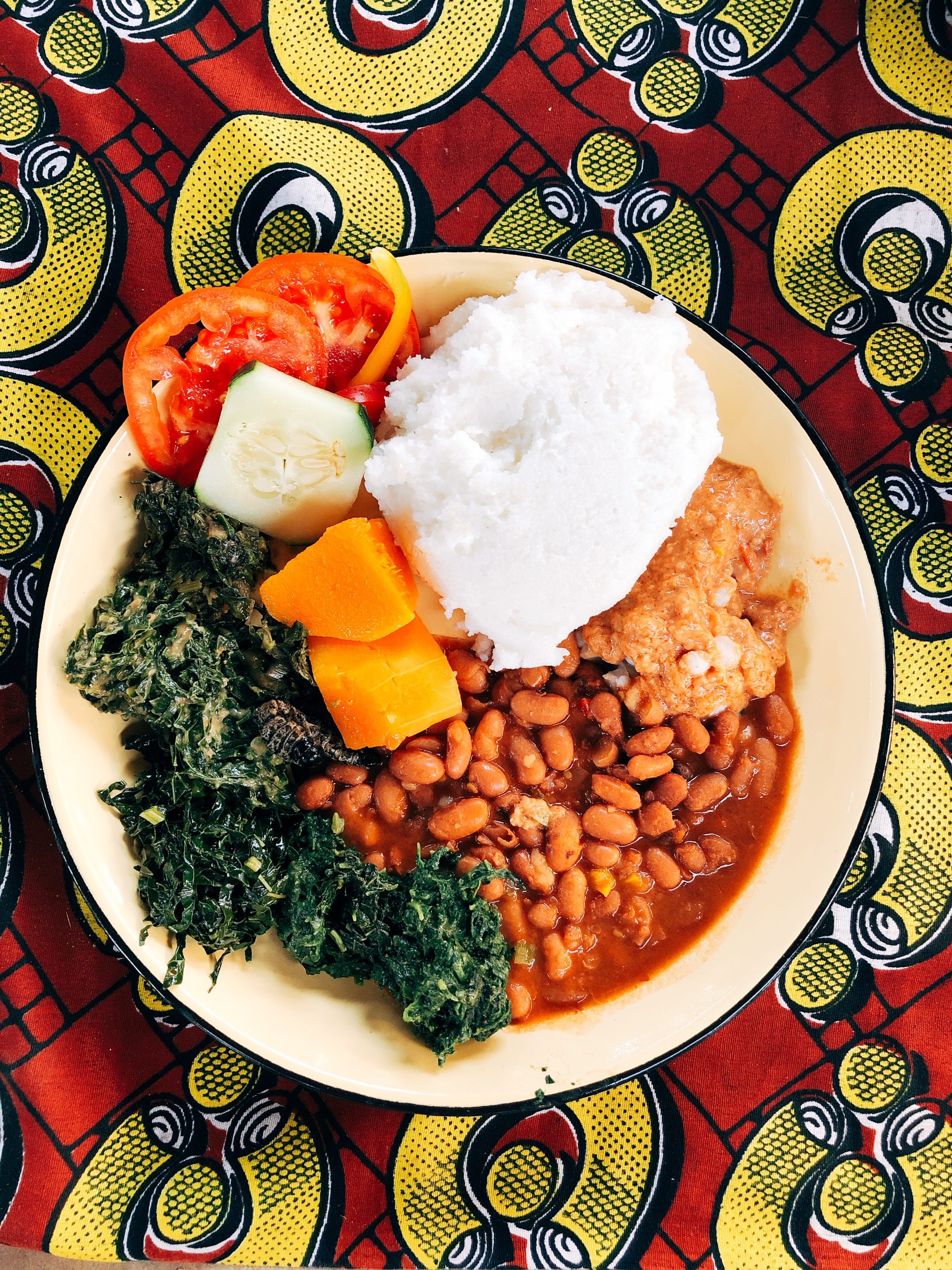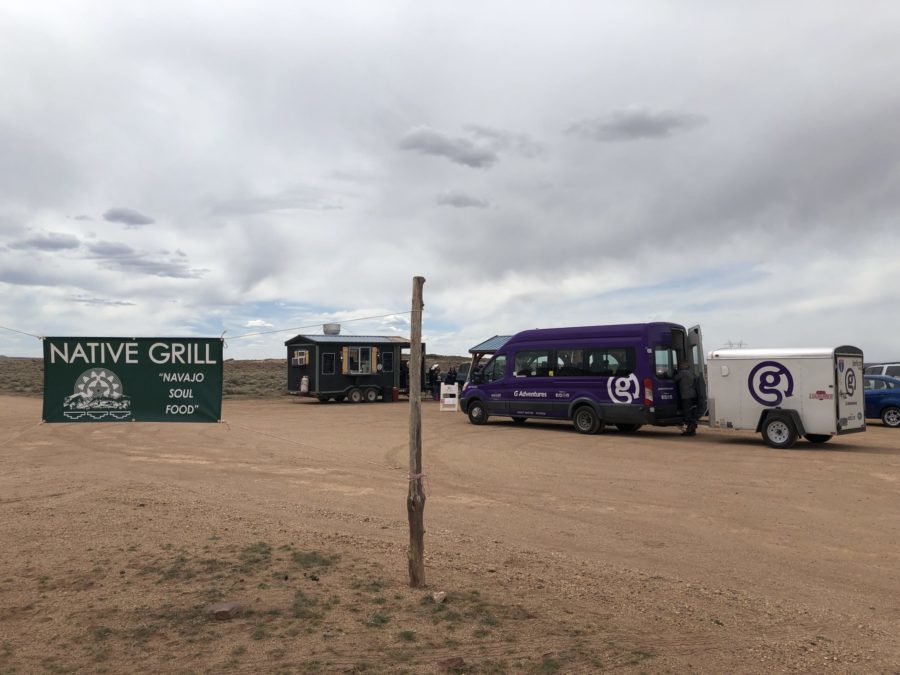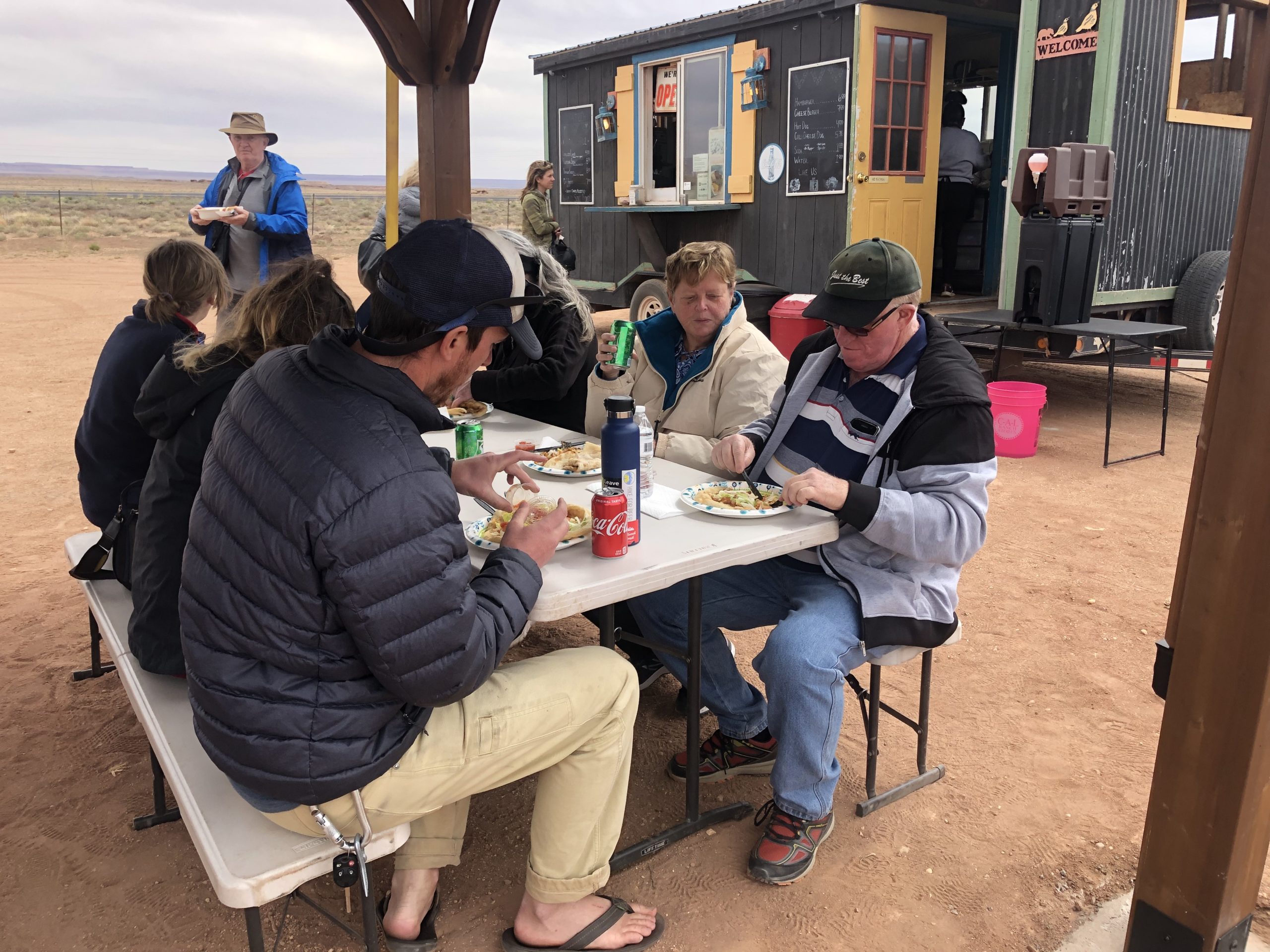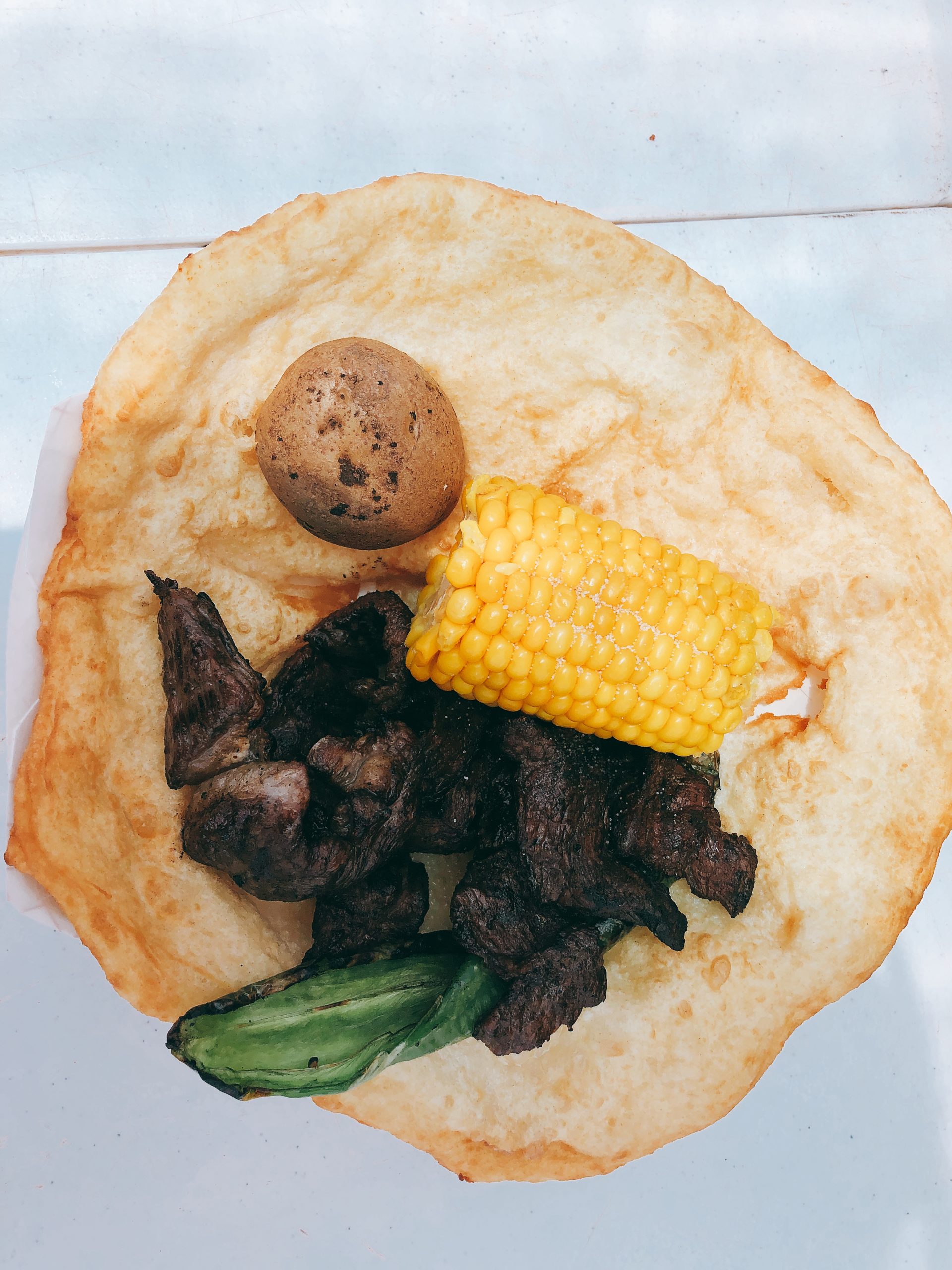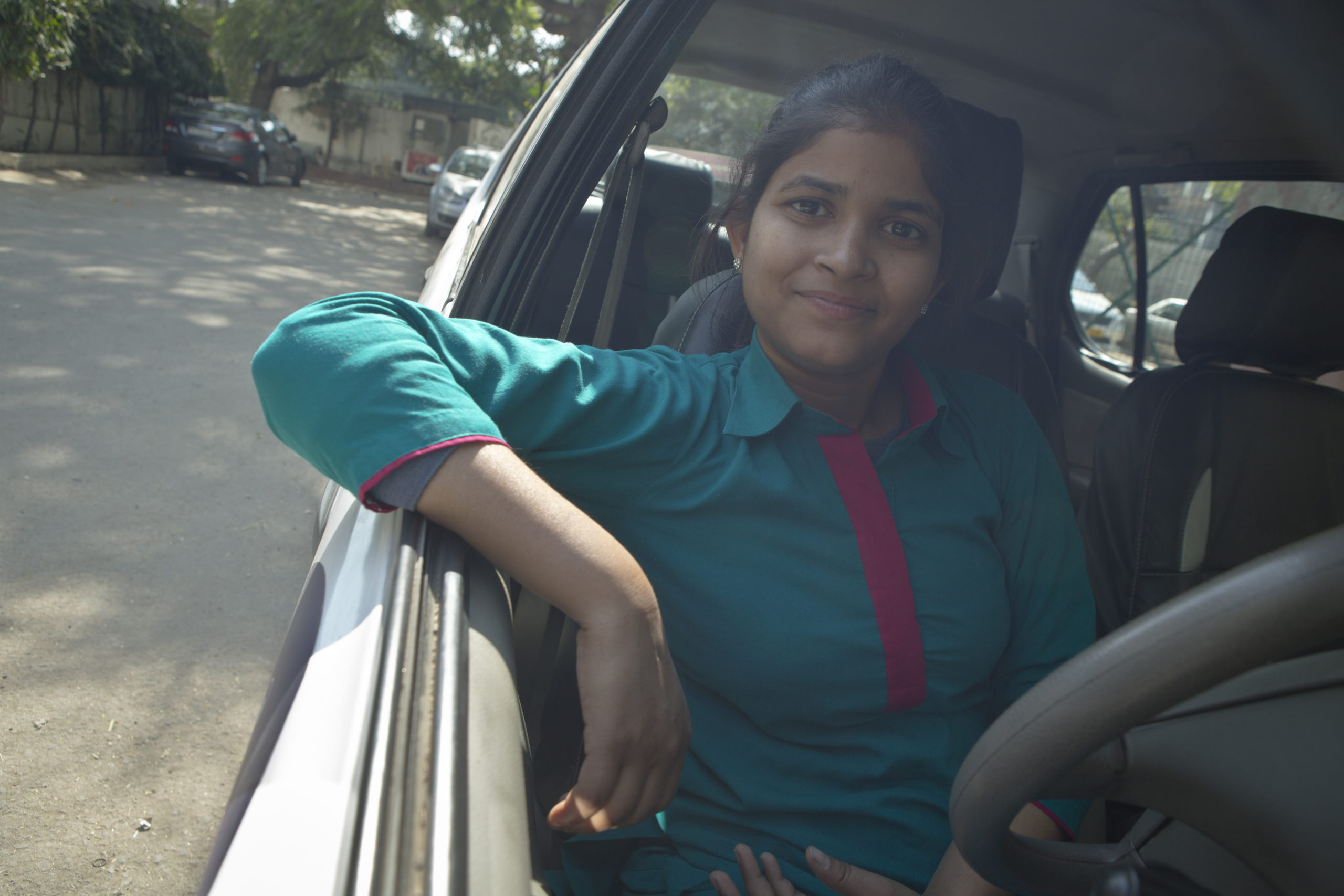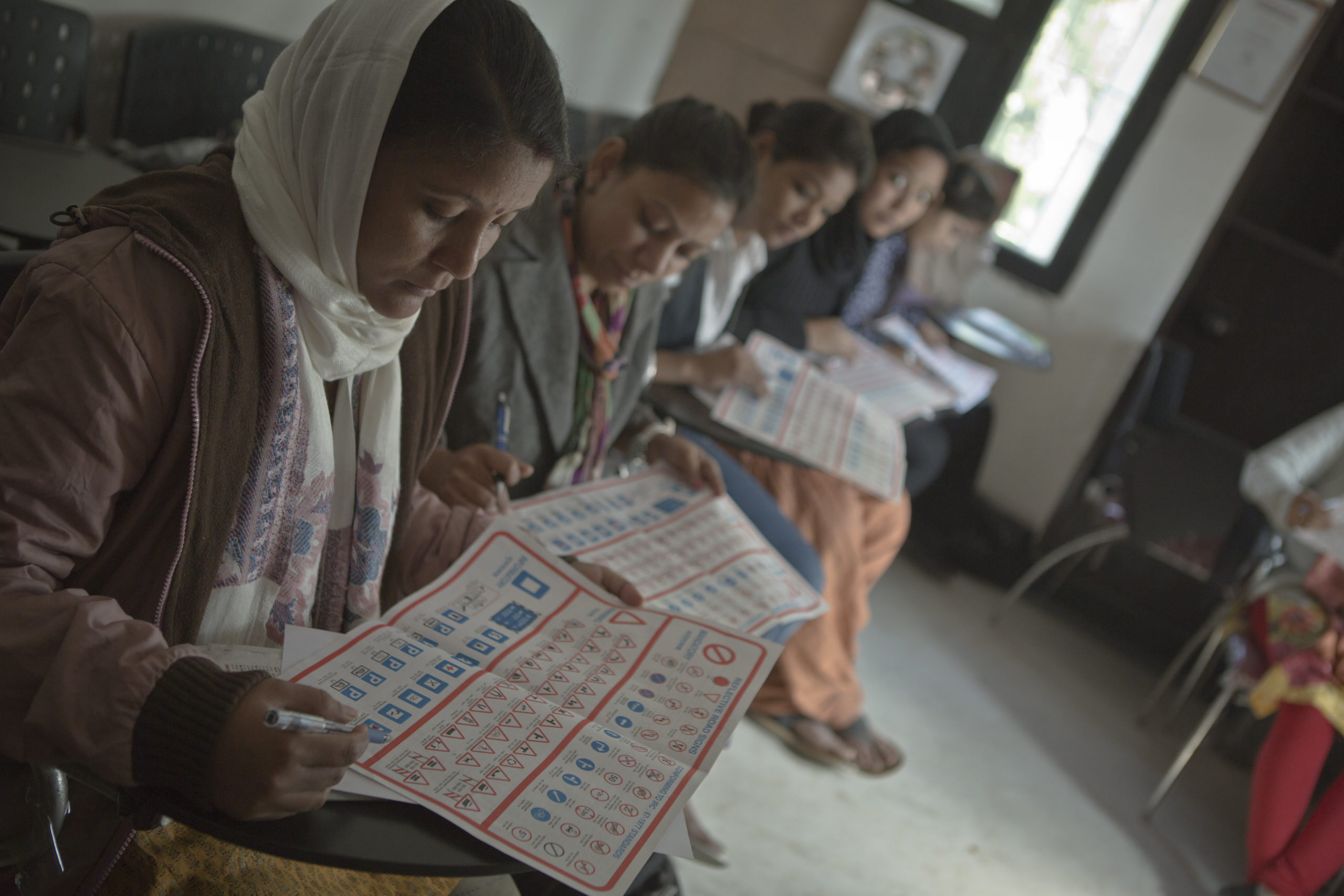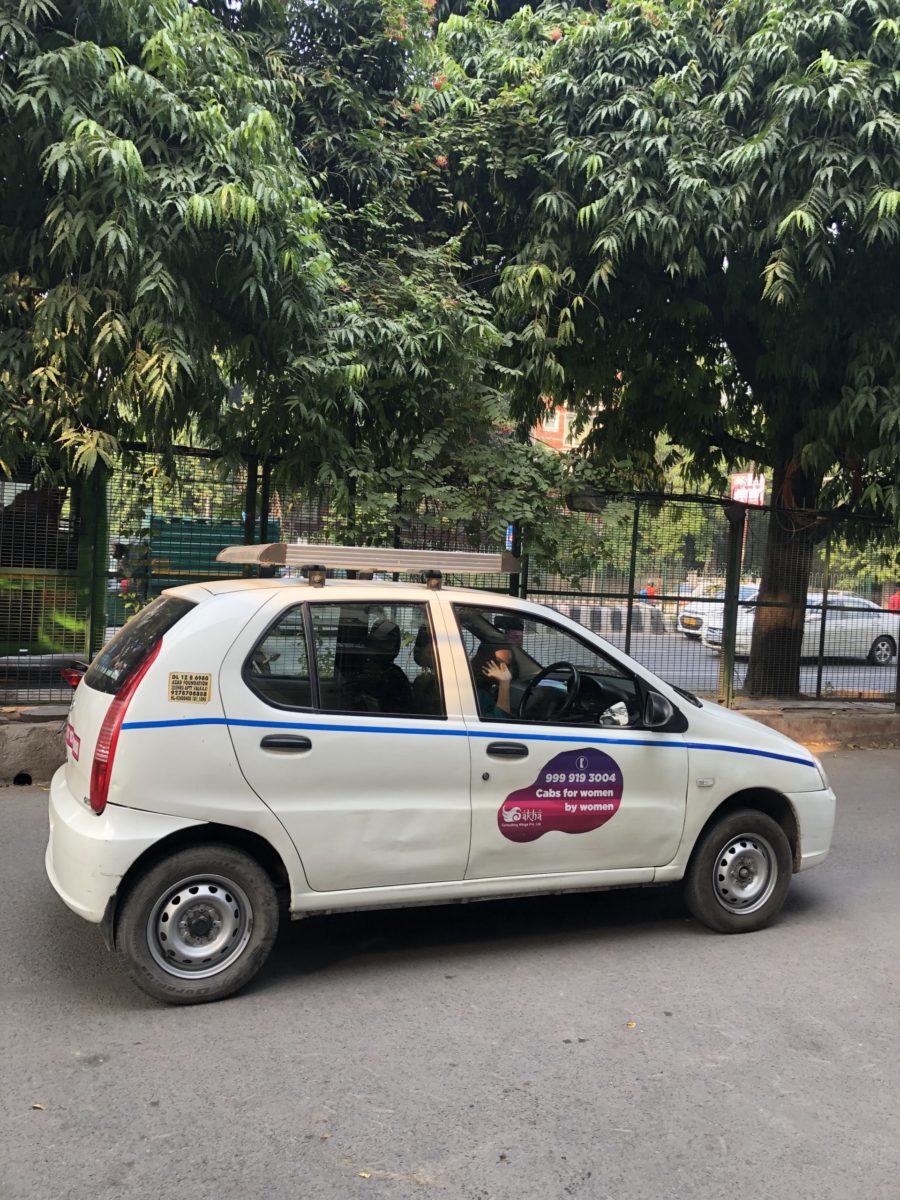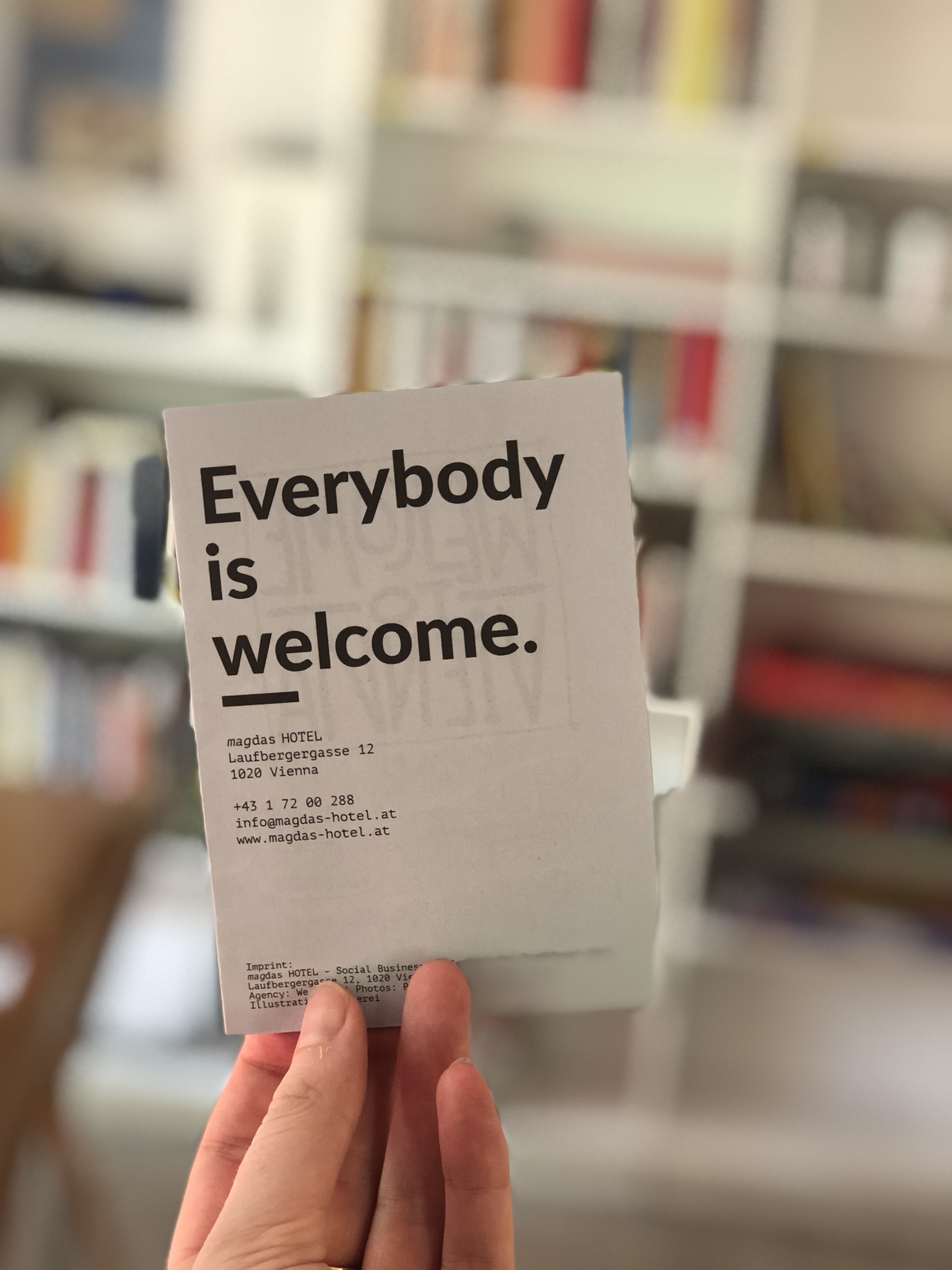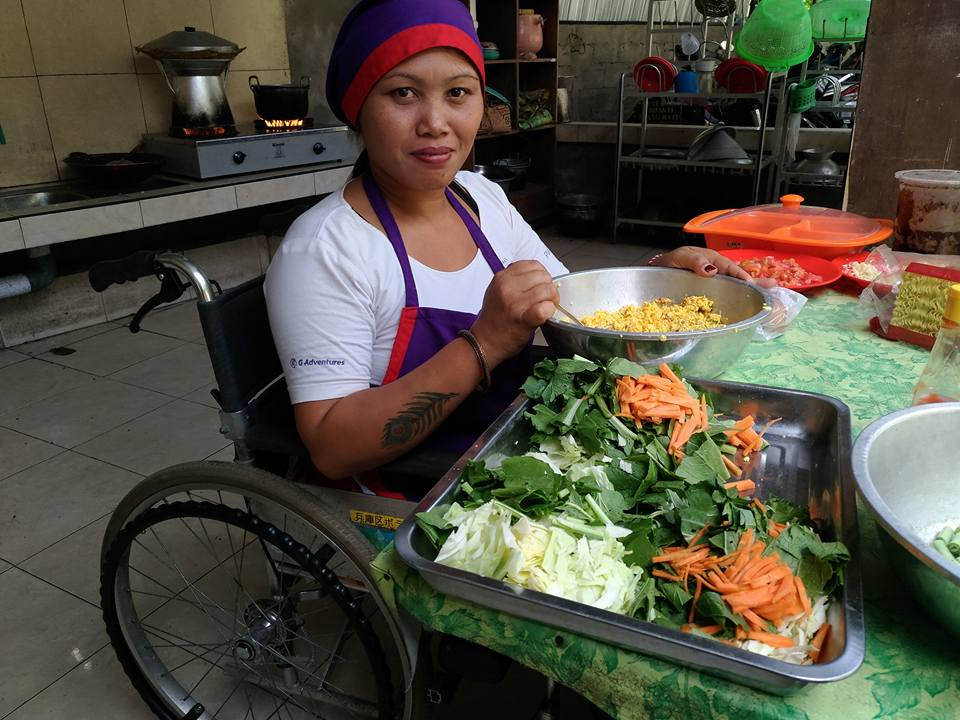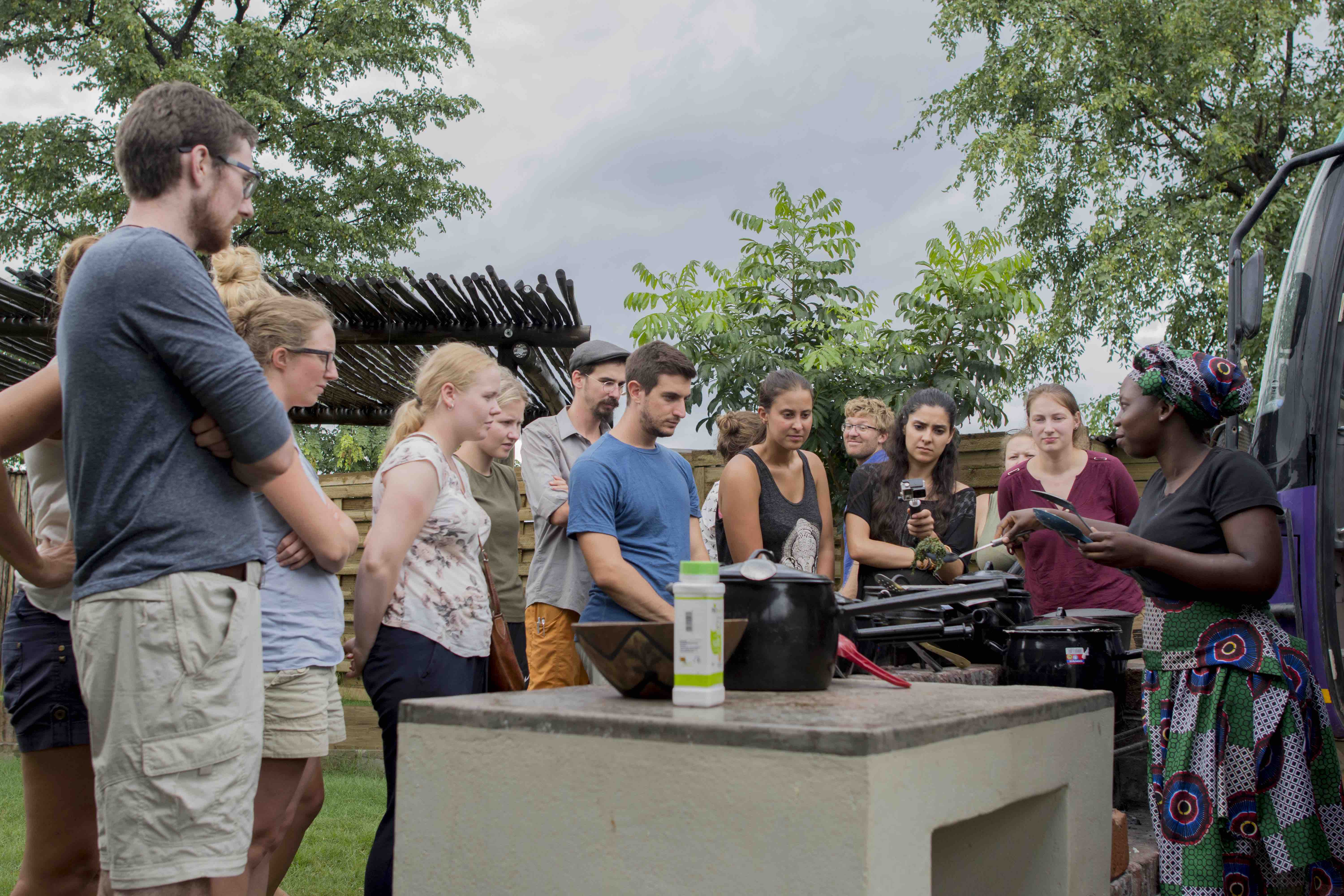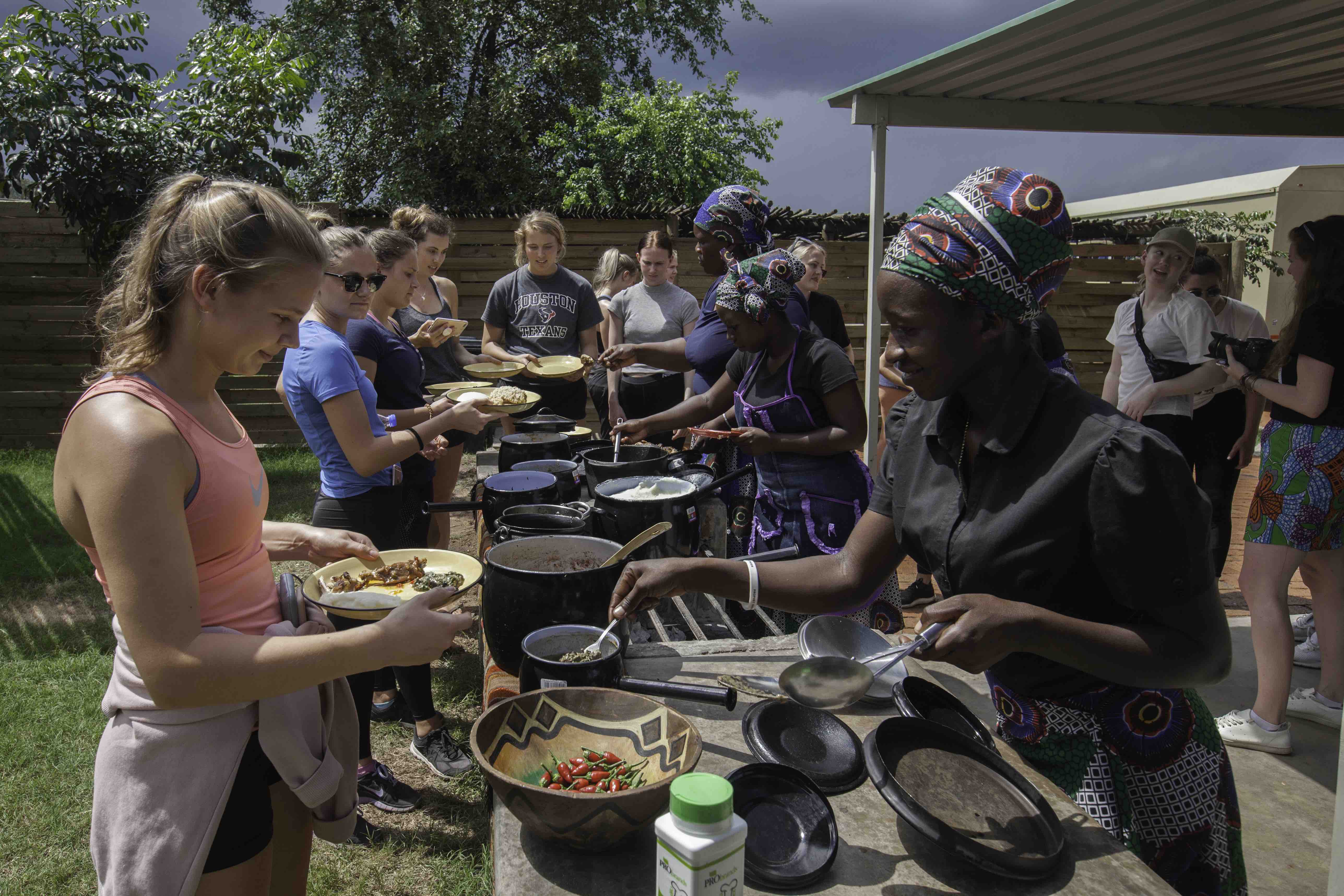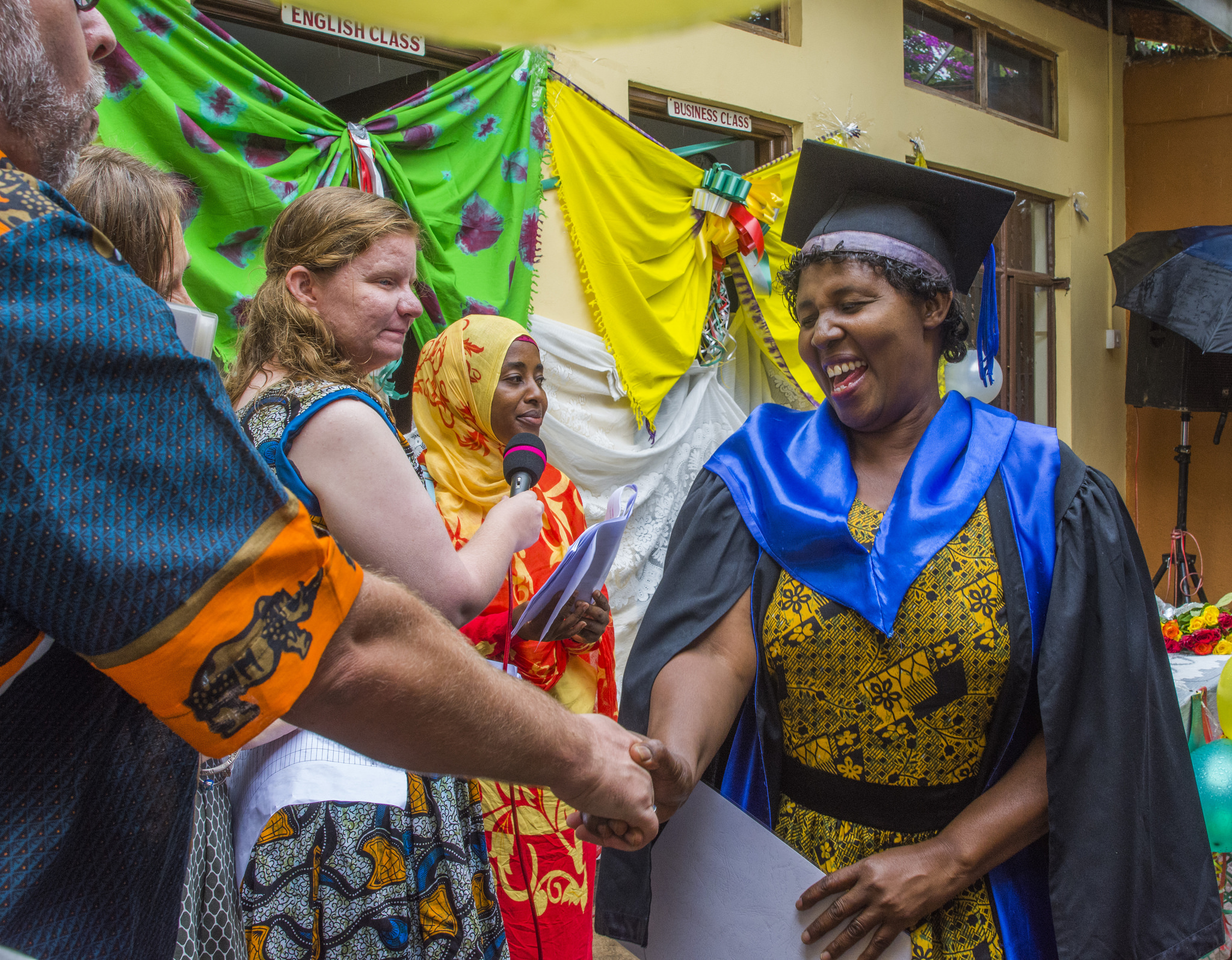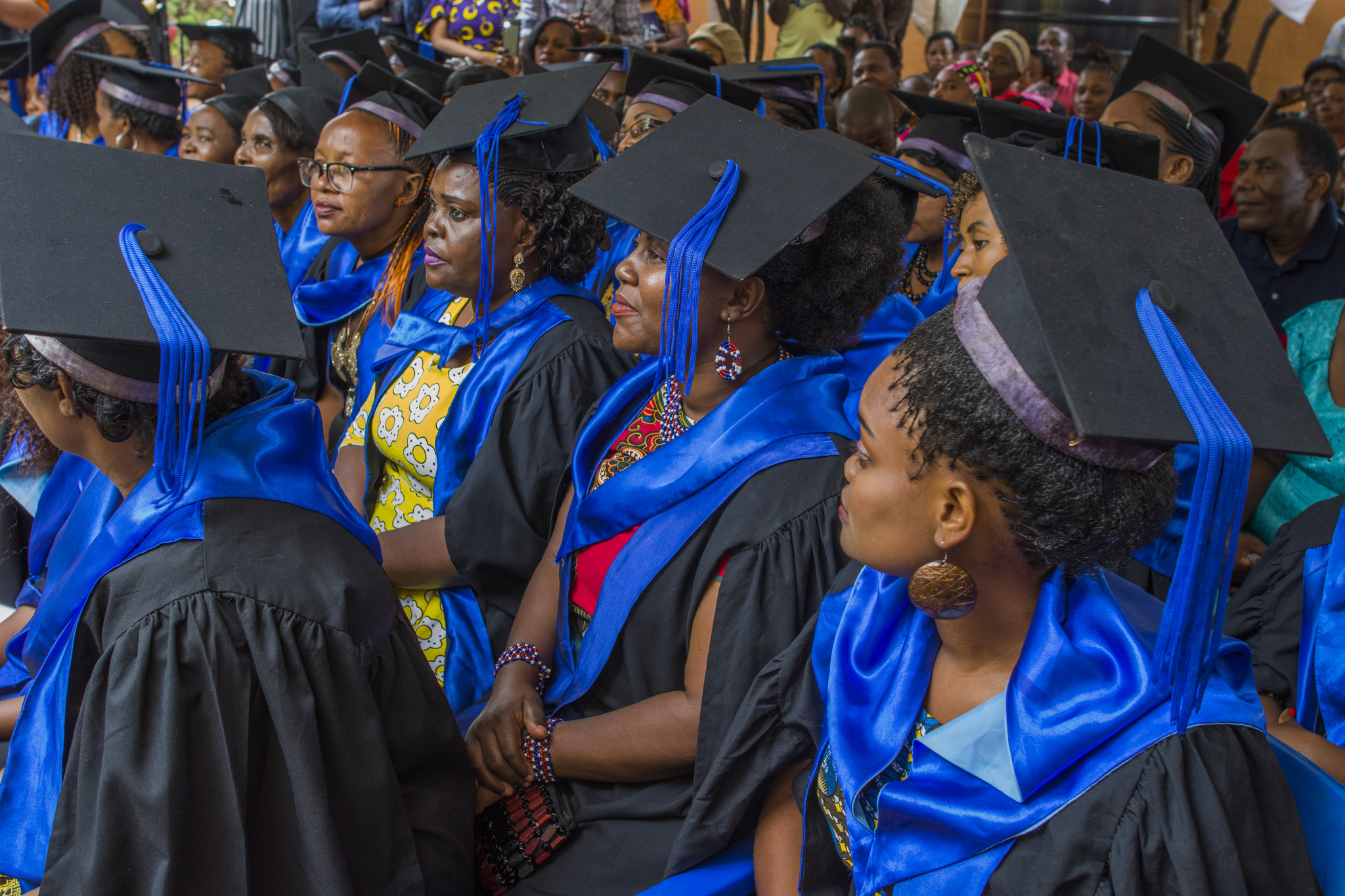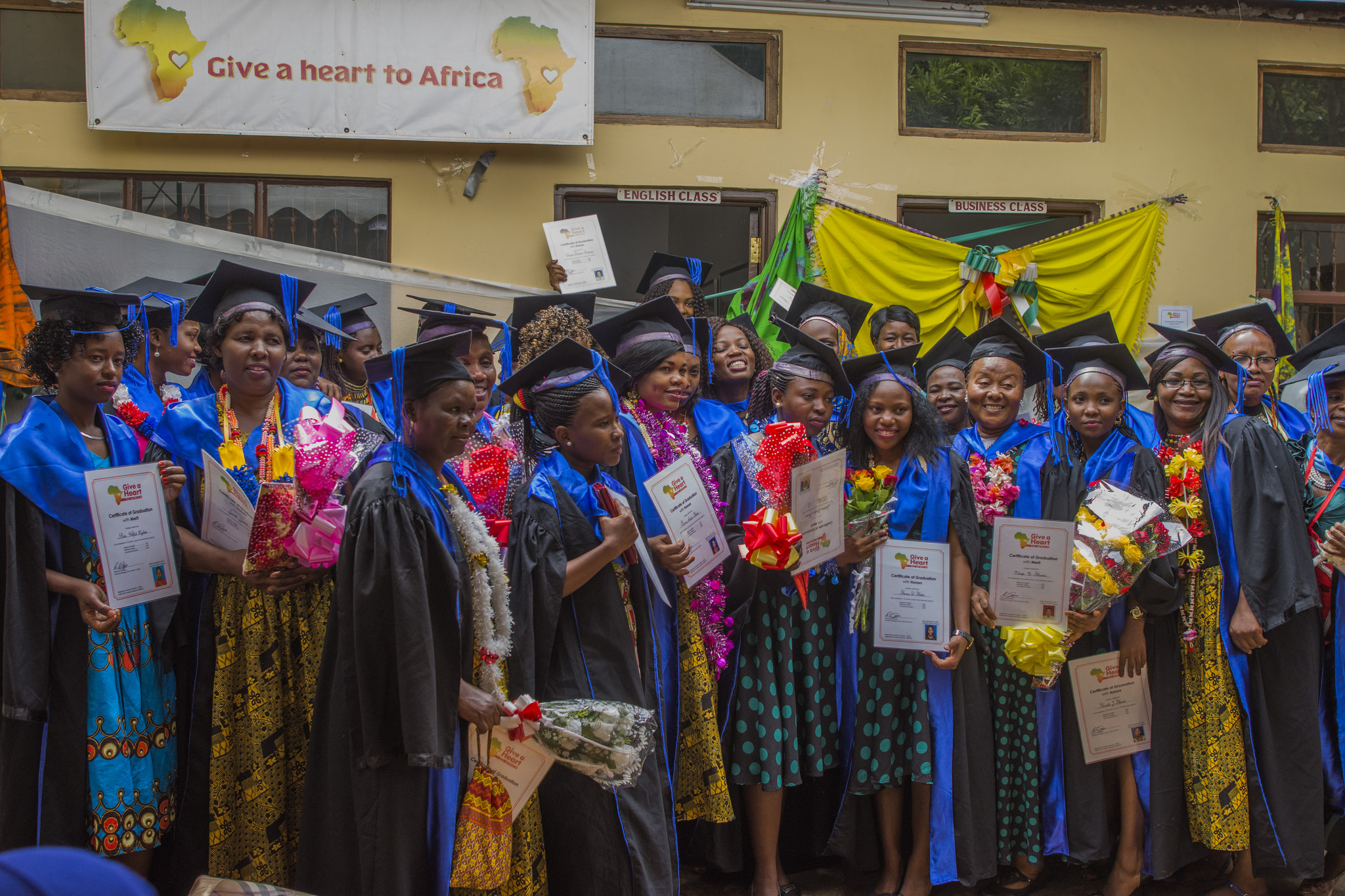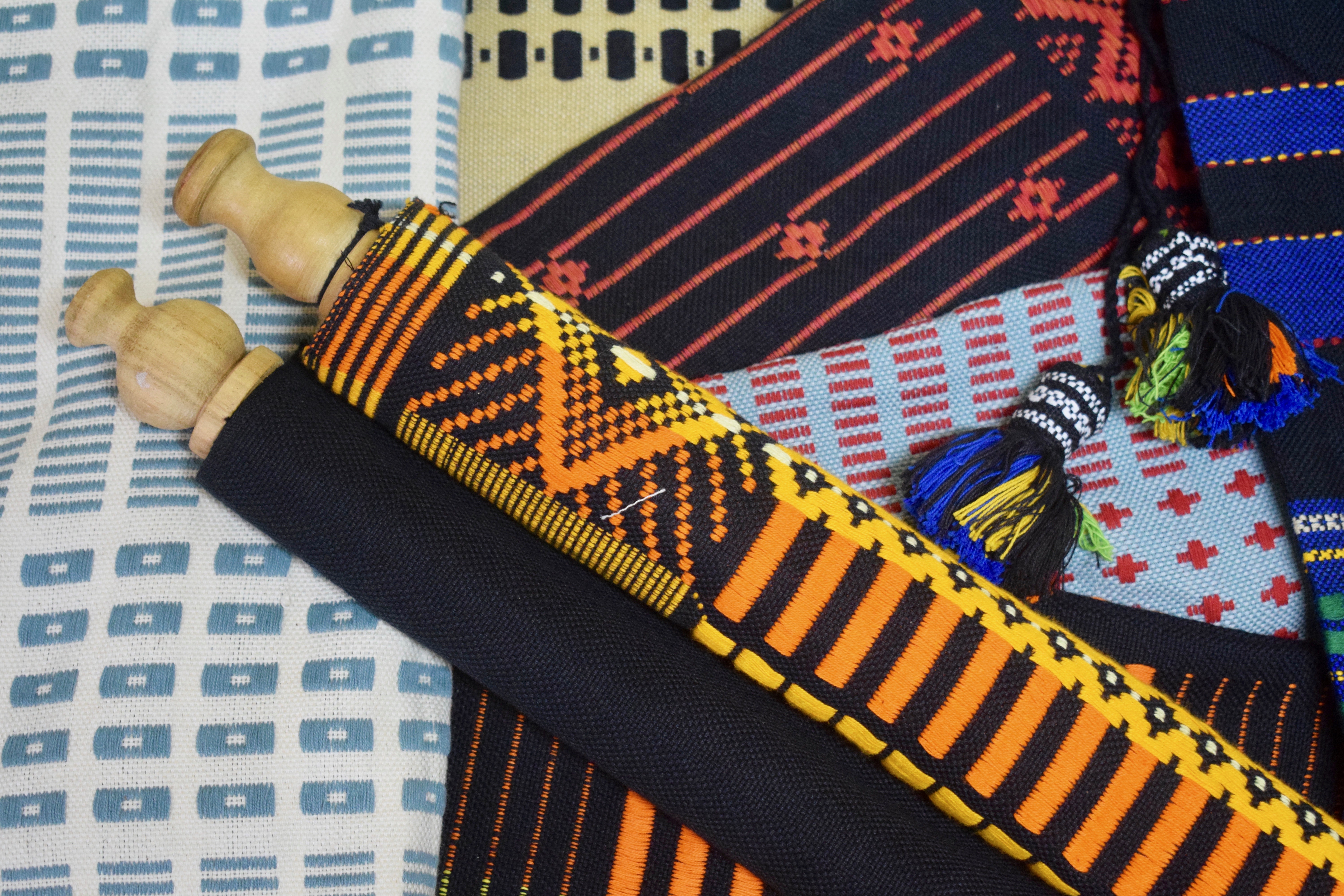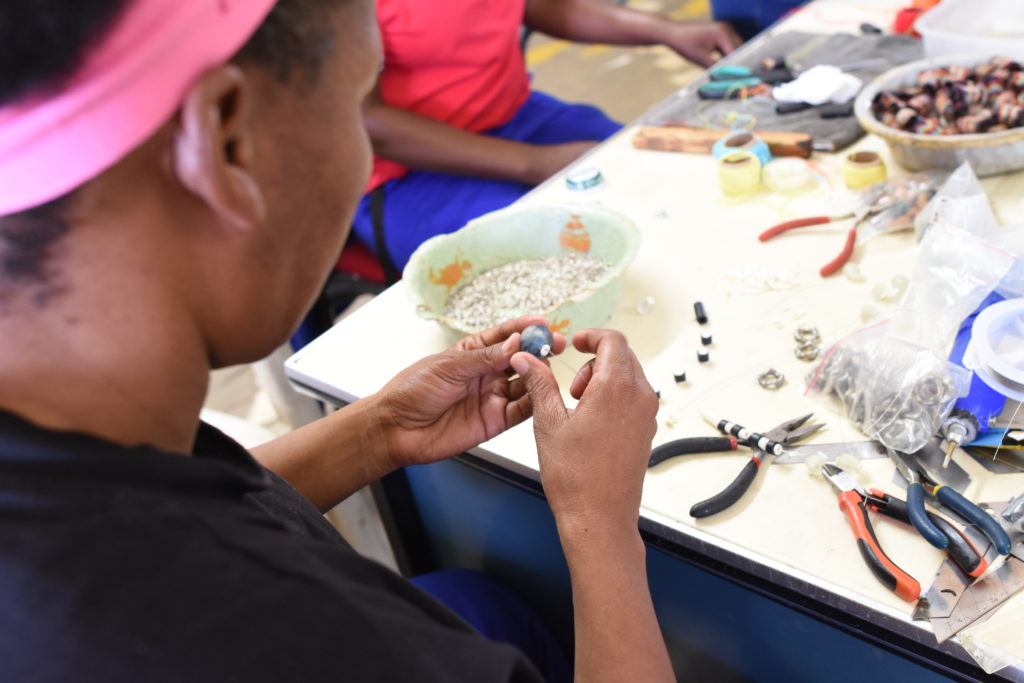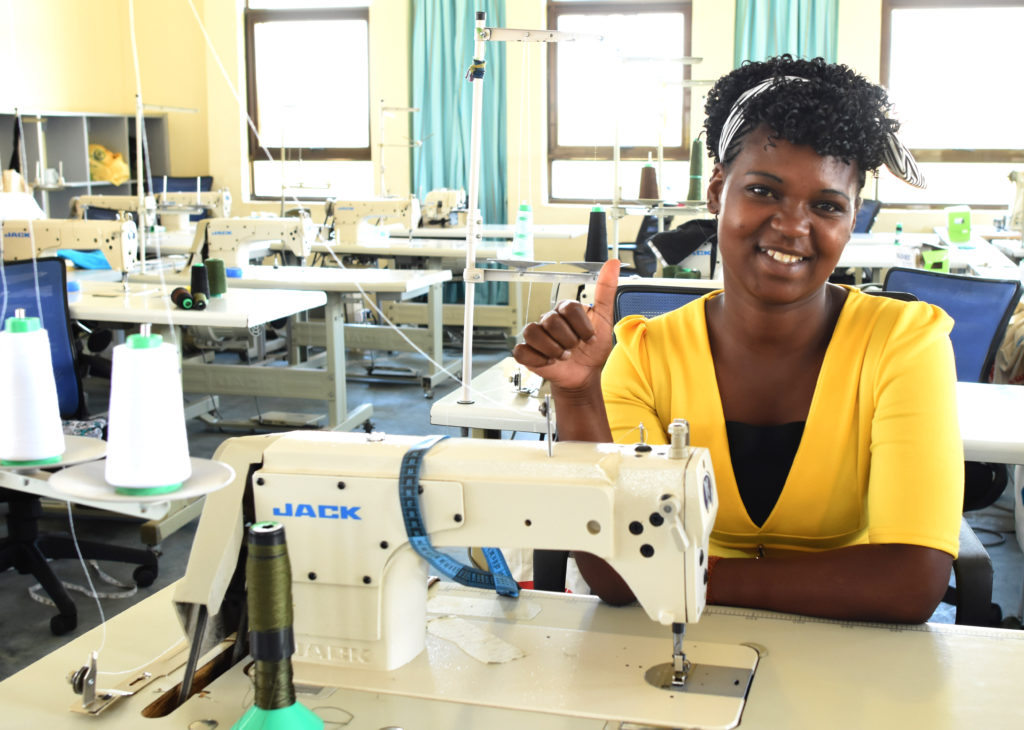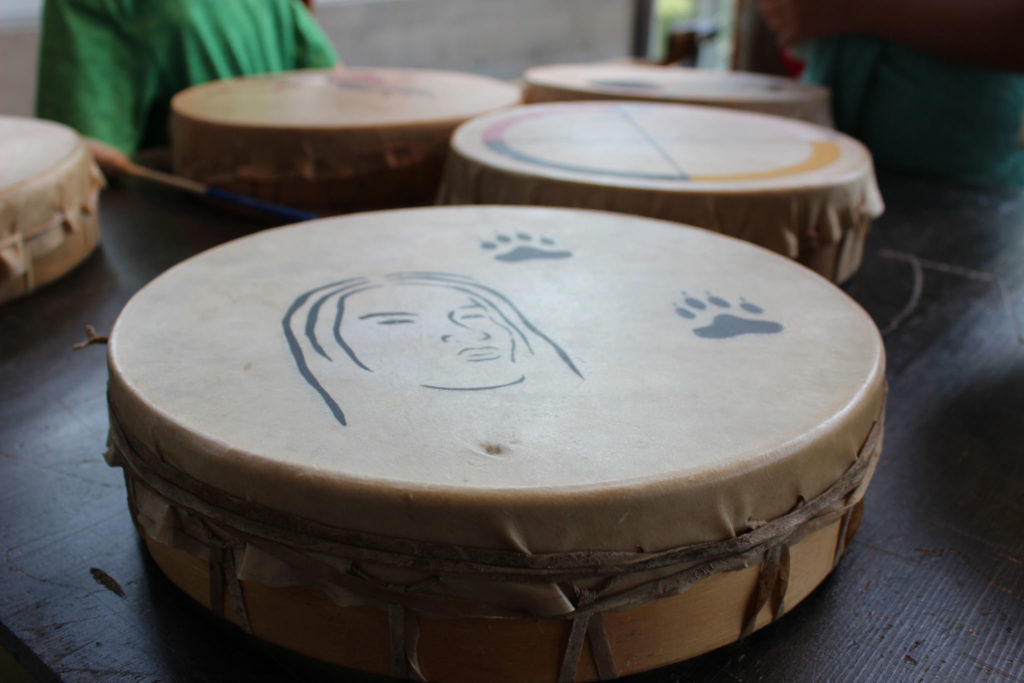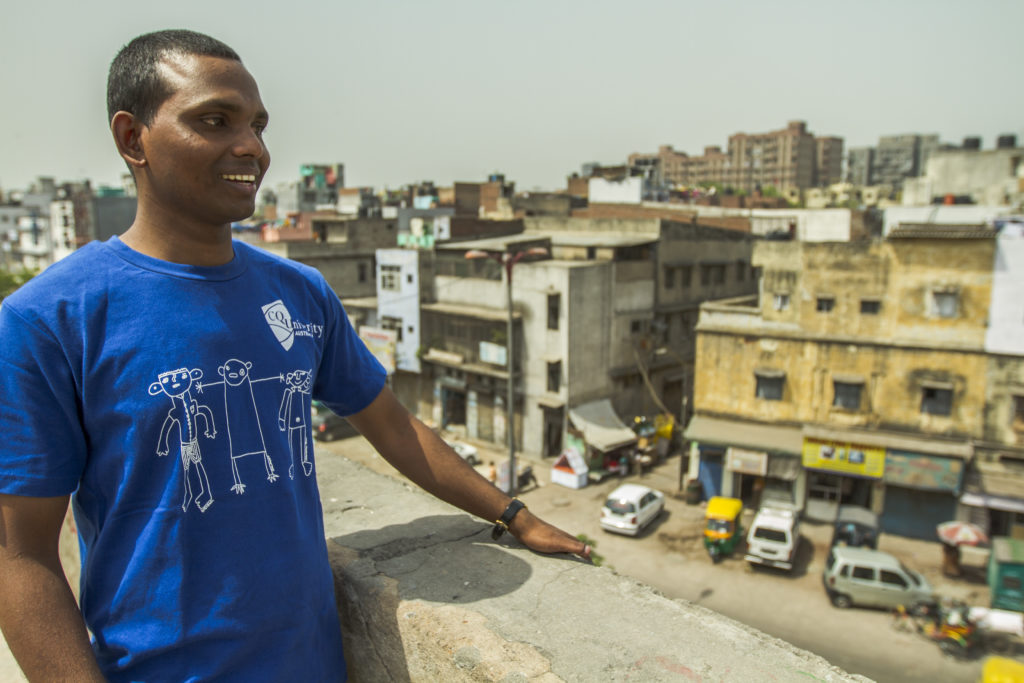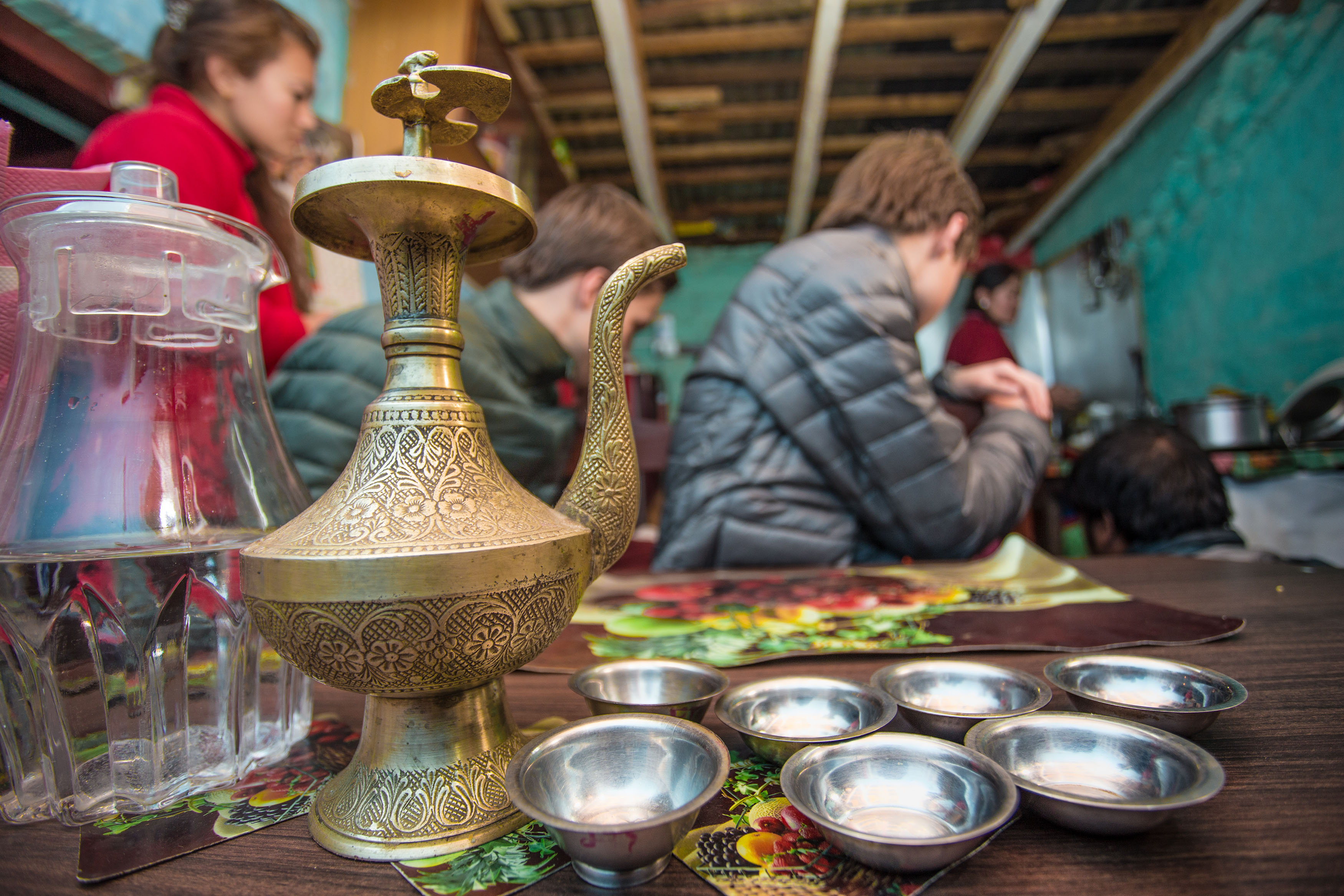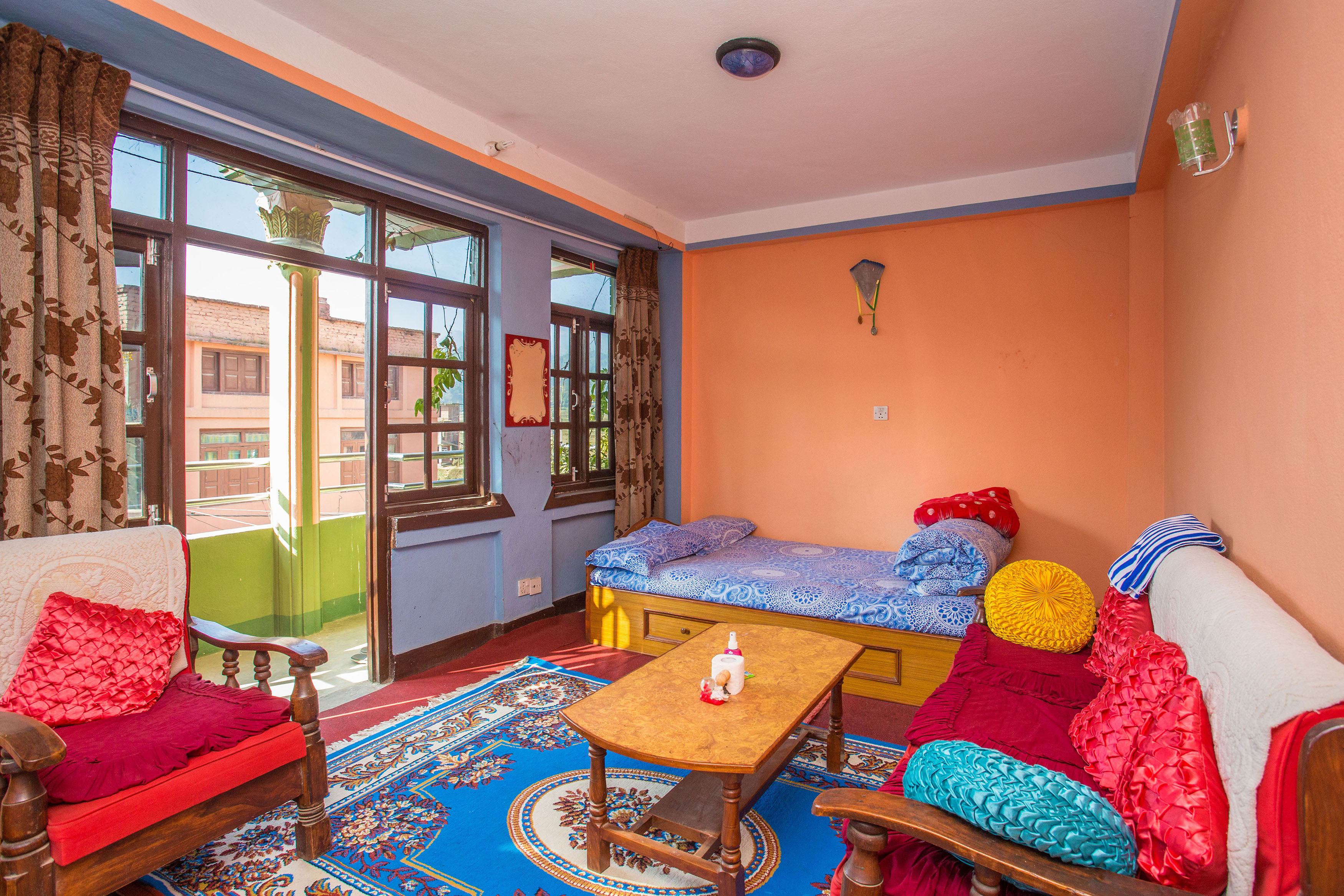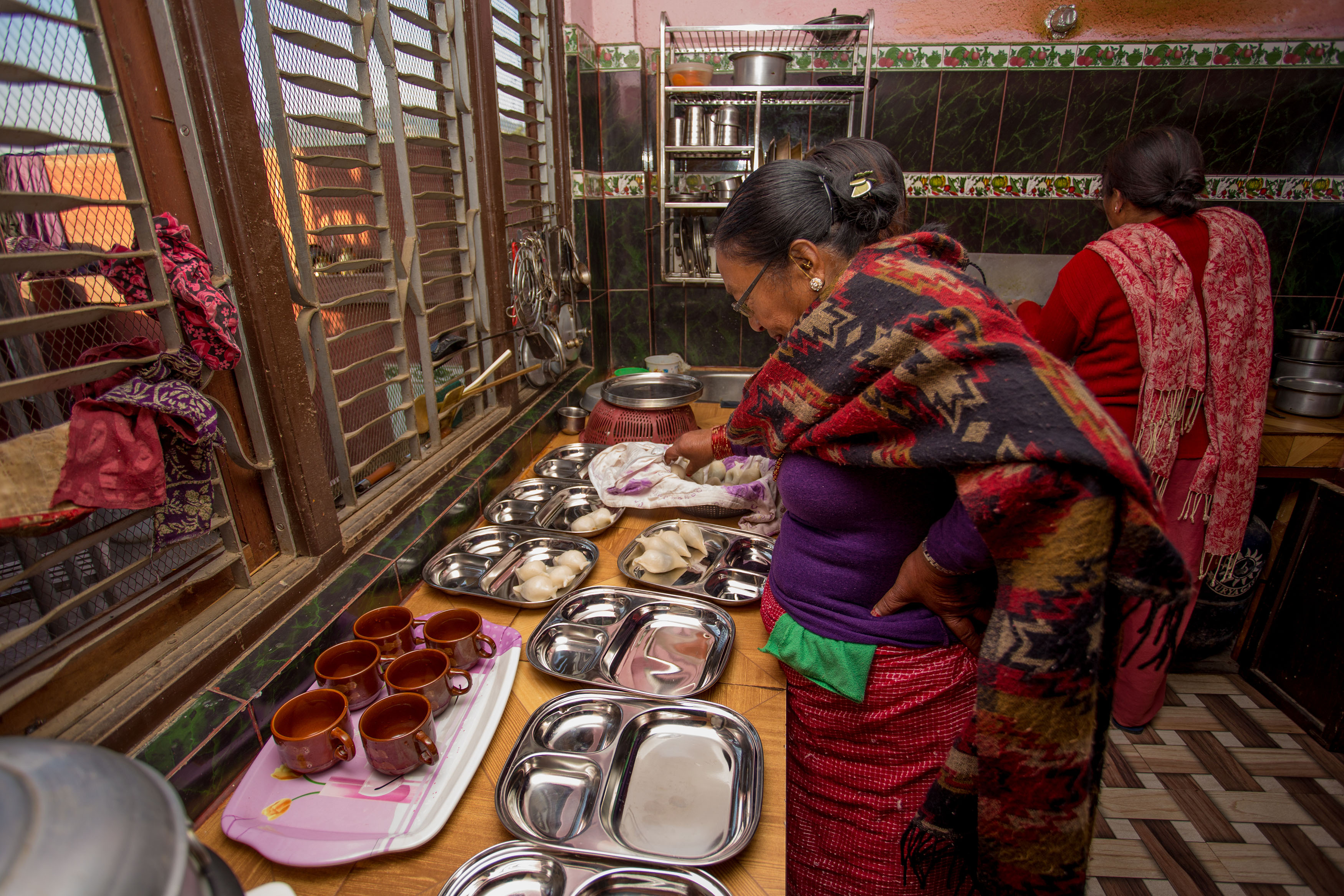MIGRANTS ARRIVE WITH LITTLE TO NO PROSPECTS FOR JOBS
Planeterra launched its very first project in Europe in 2016, and since then, the refugee and migrant community on the continent has been an important beneficiary of our work. Europe currently faces its greatest migrant challenge since the end of the Second World War, with a large number of people seeking refuge from war, poverty and political instability in nearby regions.
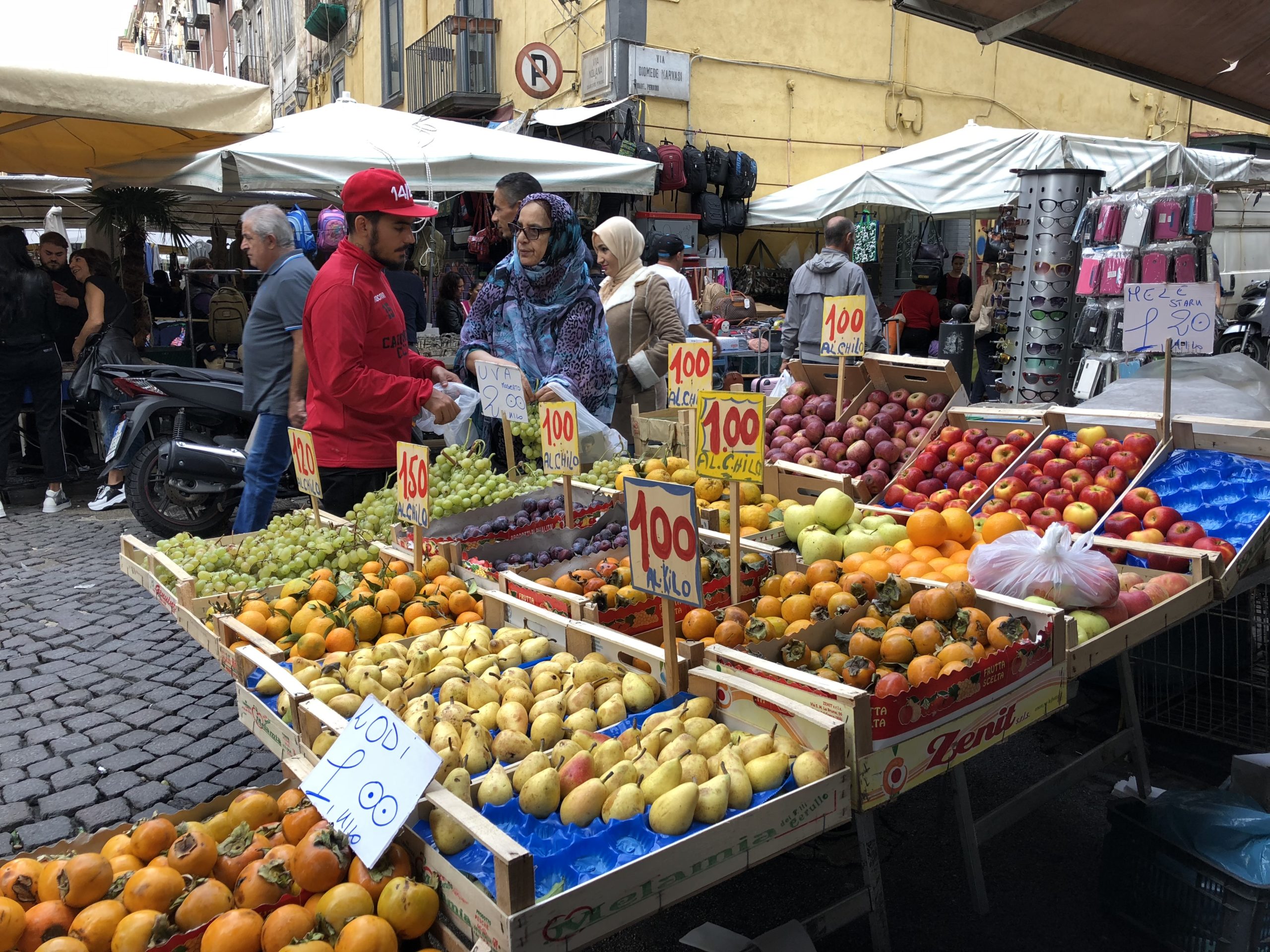
Planeterra works with communities that are in need of support, whether to preserve an ancient culture, create revenue for community infrastructure and healthcare, or to provide employment to a community with high unemployment. As we have grown and expanded through our 50 in 5 campaign, we have undertaken projects that not only support Indigenous and rural communities, but also at-risk communities like people living with disabilities, migrants and refugees.
Planeterra launched its very first project in Europe in 2016, and since then, the refugee and migrant community on the continent has been an important beneficiary of our work. Europe currently faces its greatest migrant challenge since the end of the Second World War, with a large number of people seeking refuge from war, poverty and political instability in nearby regions. According to UN Refugees, at the end of 2016, nearly 5.2 million refugees and migrants reached Europe, and in 2017 alone more than 170,000 risked their lives trying to reach the continent by sea. Migrants arrive to the continent with little to no prospects for jobs, and that’s where Planeterra fits in.
Although Planeterra has a number of projects around the world that benefit migrants or newcomers to a country, this World Refugee Day we are highlighting three of our projects dedicated exclusively to helping newcomers integrate into society and benefit from the European tourism industry.
magdas HOTEL - Austria
Magdas‘ HOTEL is a social enterprise hotel – the first of its kind in Austria – with a mission to empower and educate refugees and migrants in the hospitality and tourism industry. The hotel, located in a heavily frequented area in Vienna, provides ten newcomers to Austria with placements at the hotel, allowing them to shadow ten industry professionals. This job-shadowing and mentorship between refugees and professionals in the industry is an important part of the program, alongside magdas HOTEL works their non-profit Caritas, which has initiatives like language lessons and other services. The idea here is that refugees will later be hired by other hotels in tourist-heavy Vienna, allowing a steady stream of refugees to gain hospitality skills at magdas.
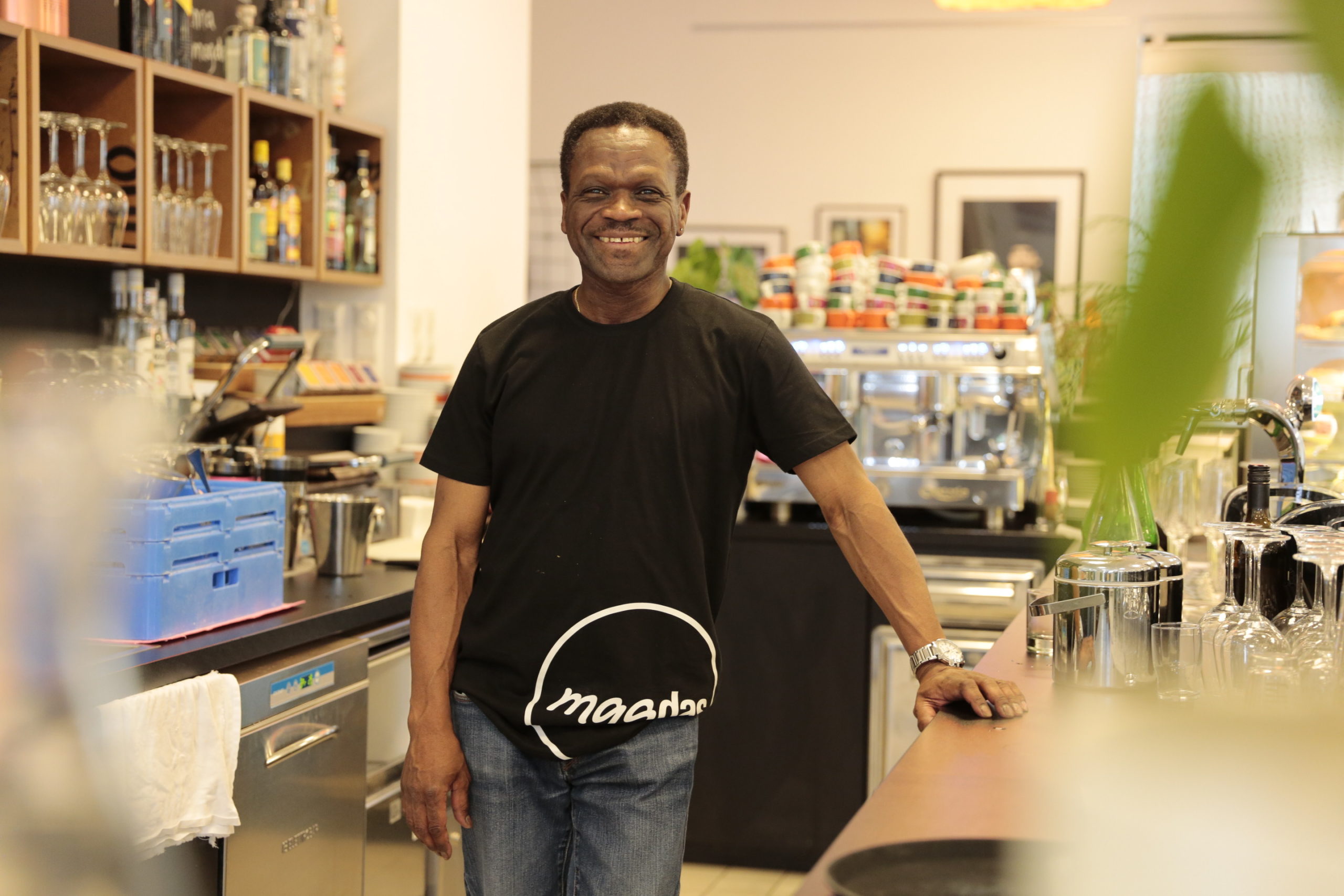
Migrantour Rome - Italy
Planeterra provided Migrantour Rome with a link to small group travel operator G Adventures, who bring around 500 travellers to take part in this alternative tour of Rome. The Migrantour shows the multiculturalism, and hidden gems of Rome that make the city unique and diverse. Guests participate in a tour led by a newcomer or a migrant to the city, who leads the group to various shops, associations, and places of worship. This intercultural experience that is rarely seen by tourists also benefits the traveller as they learn about the migrant crisis and how they can help while visiting Italy. It also benefits the guides by providing an income, and building their skills in storytelling, public speaking and English.
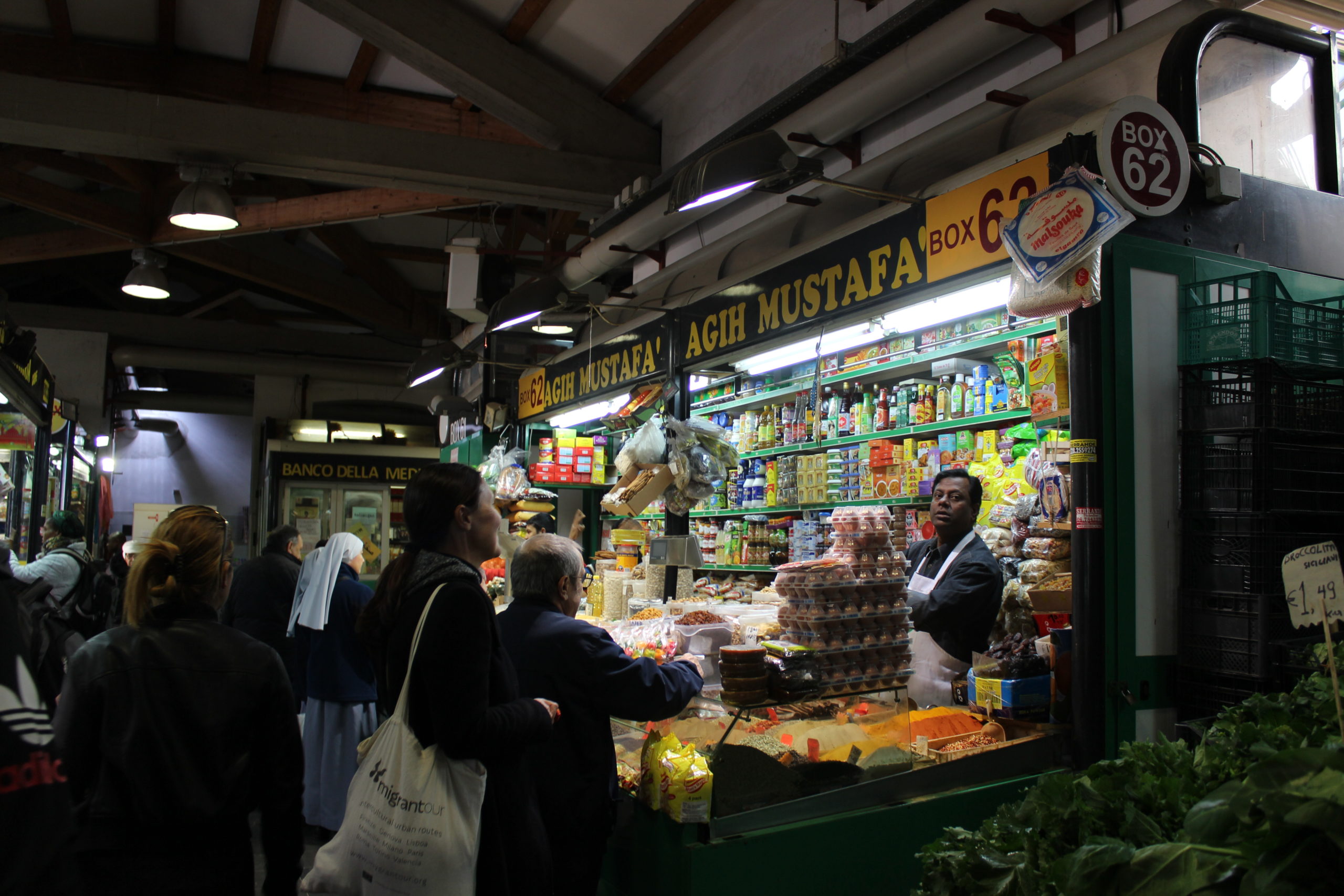
Migrantour Naples with Casba - Italy
The Casba Social Cooperative runs tours led by migrants to Naples, with a main goal of trying to improve the lives of migrants by educating local Napolitans about migrants to the city. Tours are created for local Italians to get to know newcomers, and through tour guides who are migrants themselves, local Italians are exposed to the beauty created by a melting pot of cultures, languages, and religions living together harmoniously in Naples.
Casba also has tours for newcomers to the city which educates refugees and migrants about what it’s like living in Naples – everything from how to use the metro, to the layout of the city and what markets they can visit to find familiar food for cooking traditional meals. These two types of tours are incredibly important, and Casba is continuously working to support incoming refugees and support the community in an effort to create a more cohesive, accepting society. Planeterra partnered with Casba to provide training to their guides, by hiring a local tourism professional to conduct lessons and training in guiding and storytelling. Now, G Adventures has 750 travellers who take a migrantour of Naples – injecting money directly into Casba’s programs.
